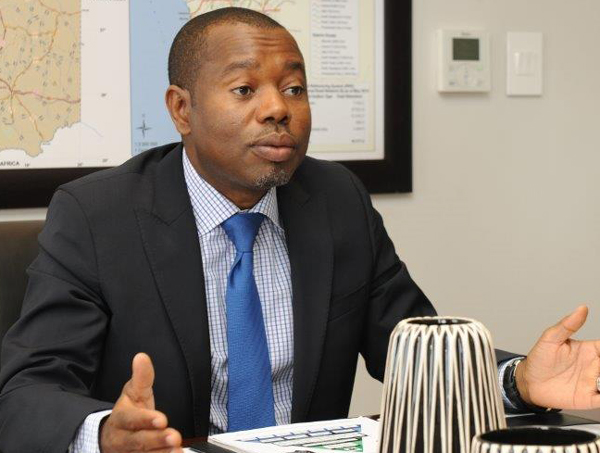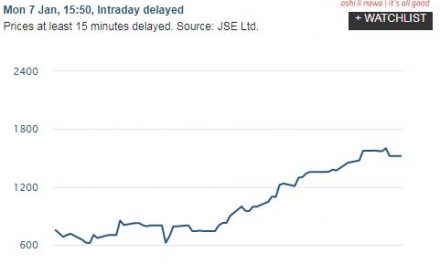
Road tariffs not enough to maintain safe and efficient roads – RFA

The Chief Executive Officer of the Road Fund Administration (RFA), Ali Ipinge, on Tuesday said that the Fund will increase road tariffs and will also conduct research on whether to implement a road toll for the the next financial year.
Road User Charges will increase by 7% effective as of this week on motor vehicles licenses and vehicle registration fees.
According to Ipinge, the Fund did not receive fuel levy increases for the 2016/2017 financial year and this led to the Fund’s reduced ability to effectively address the optimal road maintenance and rehabilitation. The fuel levy contributes some 60% of the Fund’s revenue.
“Given the consistent annual growth in the country’s vehicle population of between 7% to 8% and the natural depreciation in the condition of roads, the Road Fund requires an additional yearly amount of N$170 million to sustain its current minimum maintenance levels of the national road network,” he said.
This figure Ipinge said changes annually due to inflationary adjustments on the Road User Charging System (RUCS). “A slower growth in the sales of new vehicles has negatively impacted local vehicle license and registration fee income which is the second largest revenue source for the Road Fund, adding 27% of total revenue,” he added.
According to Ipinge, this trend is anticipate to continue into the 2017/2018 financial year, making the tariff adjustments even more important to sustain existing strategy to close the funding gap.
He said that the need to maintain, preserve and rehabilitate the national road network has become ever more critical, especially in supporting general economic growth.
“The road maintenance strategy over the last 3 years has mainly focused on the paved bitumen road network, supported by a dedicated reseal program which is scheduled to be completed by the end of 2018/2019 financial year,” he said.
Meanwhile, part of the Fund’s solution is to implement a strategy in the 2017/2018 – 2021/2022 Business Plan period to prioritise efforts towards the re-gravelling programme by increasing the current capacity of Gravelling Maintenance Units (GRUs) from 4 units to 8 units as from the 2017/2018 financial year.
Ipinge highlighted that these additional GRUs will require additional funding allocation in excess of N$150 million per annum. In addition, the annual Construction Price Adjustment, costed on a South African benchmark as Namibia does not yet have its own measure for earthworks and road works are currently reported at 8.3% and 6 % respectively.
“These road construction sector costs are hugely driven/influenced by the exchange rates, availability of construction materials within the domestic market, water and other key inputs such as fuel and bitumen which are generally influenced by global market prices,” he said.
Ipinge said the Road User Charging System increase for the 2017/2018 financial year have been approved by the Minister of Finance. “The increases in the tariffs will, additionally bolster the capacity of the Road Fund to support road maintenance projects performed by Local and Regional Authorities and the National Road Safety Council and other Ministry of Works and Transport agency’s duties,”he added.
However, he said the ultimate road maintenance demand over the same forecast period is estimated at N$16.7 billion; thus yielding a funding gap of about N$3.1 billion.
“It is evident that the amount of funding that can be collected through the road user charging system is substantially inadequate to achieve the object of the RFA Act of a “safe and efficient road sector”, Ipinge said.











































